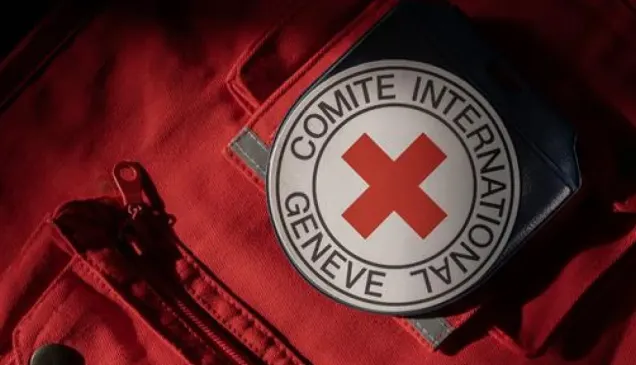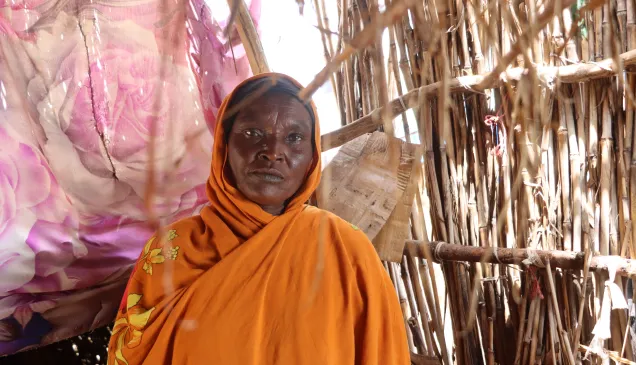The ICRC welcomes the resolution to be adopted today by ECOSOC and the progress made this year. We welcome the discussions stimulated in the Humanitarian Affairs Segment: as the humanitarian ecosystem faces unprecedented global need, key actors within that ecosystem must come together in search of practical solutions.
The ICRC is witness to human suffering and destruction on a daily basis. We are also privy to extraordinary efforts to reach the most vulnerable and those left farthest behind in conflicts – often by affected communities themselves.
Today we call on all States and all parties to conflict to fulfil their responsibilities in support of these efforts. We highlight three areas: internally displaced people in urban settings; counter-terrorism measures; and navigating the nexus with principled humanitarian action.
As we mark the 20th anniversary of the UN's Guiding Principles on Internal Displacement, we focus on tailored action for the urban displaced.
People fleeing conflict or violence are increasingly displaced to, between or within cities. They face similar challenges as host communities – poor housing, limited access to services and economic insecurity. And urban IDPs are often poorer and more vulnerable than their non-displaced neighbours, having lost livelihoods, assets, homes, and social networks. In other words: their way of life.
Despite efforts to enhance urban humanitarian response, significant improvements are required to address people's urgent needs and preserve their dignity. Responding to urban displacement requires a holistic multi-stakeholder approach bringing together municipal authorities, civil society, displaced persons, host communities, businesses, humanitarian and development organizations and donors.
We have led a study on urban displacement, aiming to better understand people's experience of displacement and strengthen the response to it. We call on States and all other actors to team up and truly place people at the center, focus on their dignity and resilience, build data-driven responses and explore better ways to address the distinct challenges of urban displacement.
Secondly, counter-terrorism measures.
Responsibility for ensuring respect for the fundamental rules of war falls both to those on the frontline, and collectively to the community of States, including in counter-terrorism operations.
The ICRC underscores the need for activities that are exclusively humanitarian and impartial to be excluded from the scope of application of criminal laws dealing with terrorism. Without this, the ability of neutral, impartial and independent humanitarian action to protect and assist those in need will be severely impeded.
We stand ready to help States to navigate the challenges of ensuring national security while protecting the life and dignity of all.
Lastly: the humanitarian-development nexus.
We are guided by our commitment to principled humanitarian action and thus by IHL. Our work in conflicts – particularly protracted conflicts – has long proved the need to work with short and long-term goals. We call it the combined approach: immediate action to ensure people's protection and survival, and fostering resilience by creating an environment in which respect for IHL and the functioning of vital systems and services continues for all, through cycles of conflict and peace.
Potential synergies with development are strong. Humanitarians can use existing systems and services supported by development. And development actors can benefit from "development holds" for essential services and systems that humanitarian action can maintain.
However the extent to which a nexus between humanitarian and development action can be sustained depends not on humanitarian action, but on the way wars are fought: the extent of the damage, displacement, and disenfranchisement of populations by political and geographical frontlines.
Protecting people and systems is a precondition for development. In conflict-zones, the primary responsibility for that falls on those who are fighting, not on humanitarians.
We call on States to consider the conduct of hostilities in the humanitarian-development nexus and to exert their influence to reduce both humanitarian and development needs in conflicts.
We also call on States and development actors to support the role of principled humanitarian action: our ability to assess and respond to needs impartially and independently, and remain neutral – now and in the future.



